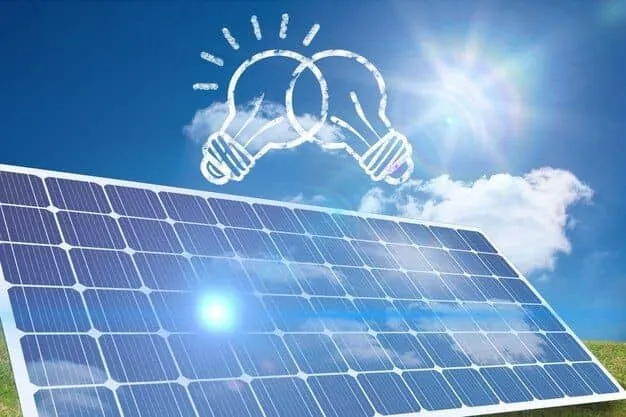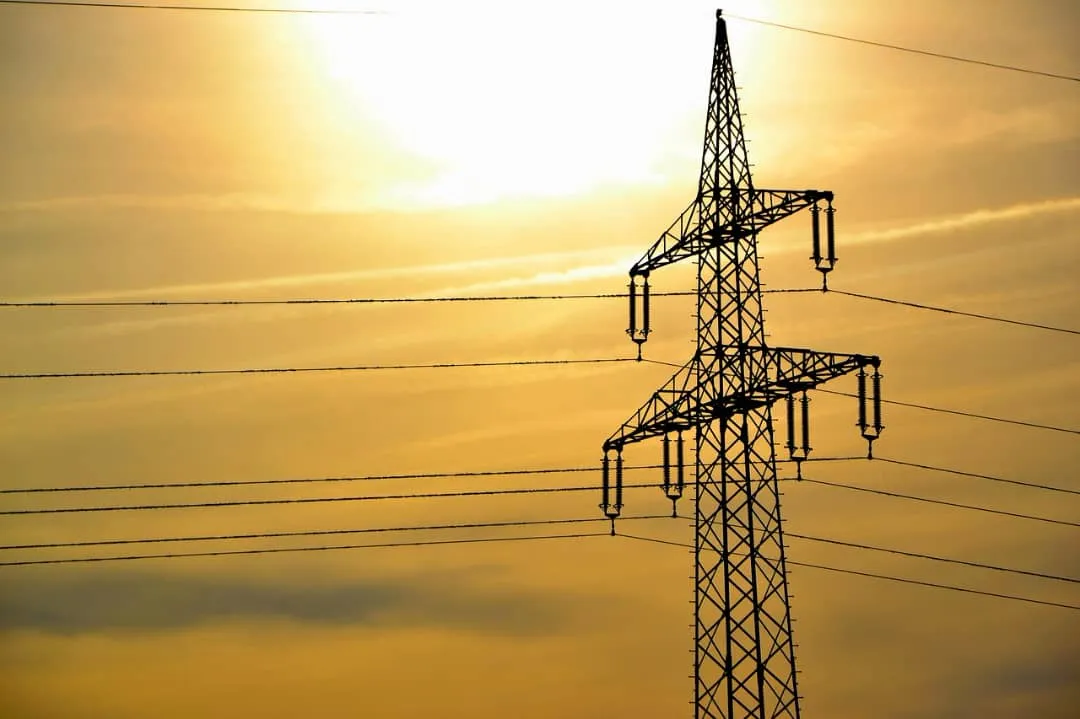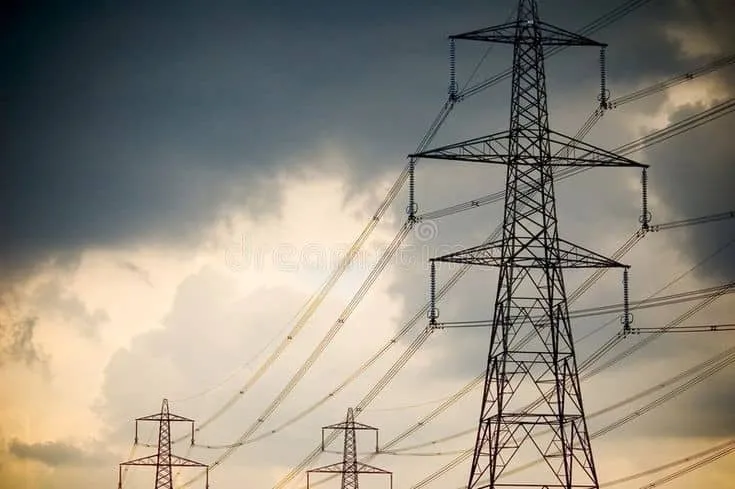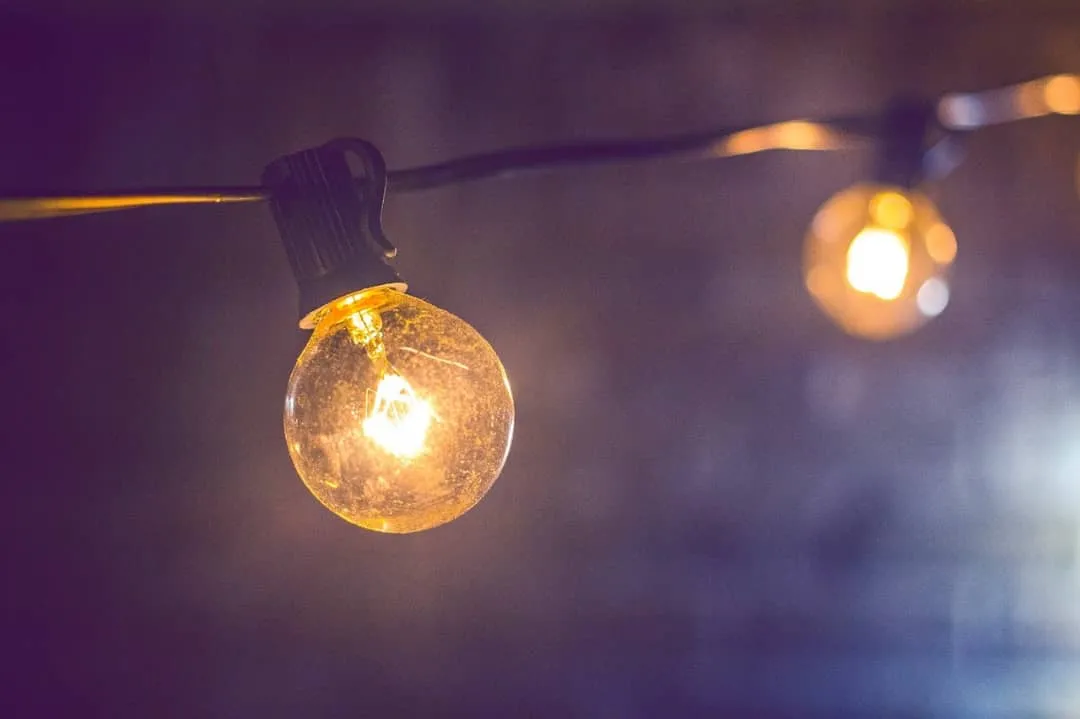The phrase 'power supply' instantly brings back fond childhood memories, particularly the excitement of hearing 'UP NEPA!' whenever the electricity returned after a outage. Those moments were always filled with joy, as we'd be playing outside with friends and family, and then suddenly, the lights would come back on, prompting everyone to cheer in unison Up NEPA, Young and Old in that mini second we all share the same joy.

Image source
"Power outages may have a gloomy effect, but they also brought an unexpected benefit - a sense of community. As children, we'd venture outdoors, breathe in the fresh air, and play together, creating lifelong memories and friendships. Looking at it from the positive side.

Image source
Nigeria has long struggled with reliable power supply, making uninterrupted electricity a luxury reserved for the extremely wealthy, who often rely on generators and solar energy to bridge the gap. Even the slightest issue can trigger a power outage, leaving the rest of the population to cope with the inconvenience. Growing up, I noticed that even the slightest change in weather could lead to a power outage. Rain, intense heat, or strong winds would often disrupt the electricity supply, leaving us to adapt to the unpredictable nature of power availability.

Image source
As I relocated to a new neighborhood in Abuja, I experienced a significant improvement in power supply. Living in an organized estate with a formal connection to the power grid provided us with a more reliable and uninterrupted electricity supply. The convenience of regular billing and collection also added to the sense of stability. After living in the estate for an extended period, the tariff were high but it was worth it, I grew accustomed to this luxury and forgot that consistent power supply wasn't the norm everywhere.

Image source
When I left my parents' house to stay with my sister, I discovered that the electricity distribution system had been divided into categories labeled Band A, B, and C. I was astonished to learn about this new system. Apparently, Band A customers were supposed to receive uninterrupted power supply, making it the most desirable category, followed by Band B, and then Band C. But we were in Band A, and power were constantly interrupted that we had to get solar which isn't cheap. Additionally, each category used prepaid meters, which meant that the more electricity you consumed, the more you paid.
The prepaid electricity system has been in place in Nigeria for some time now, and I find it more convenient than the traditional postpaid method, where an entire neighborhood is affected if one person fails to pay their bill. With prepaid, it's a straightforward 'pay-as-you-use' approach. Additionally, some households and organizations have opted for alternative energy sources, such as solar inverters, which provide a reliable and self-sufficient power supply, when there is an power outage.